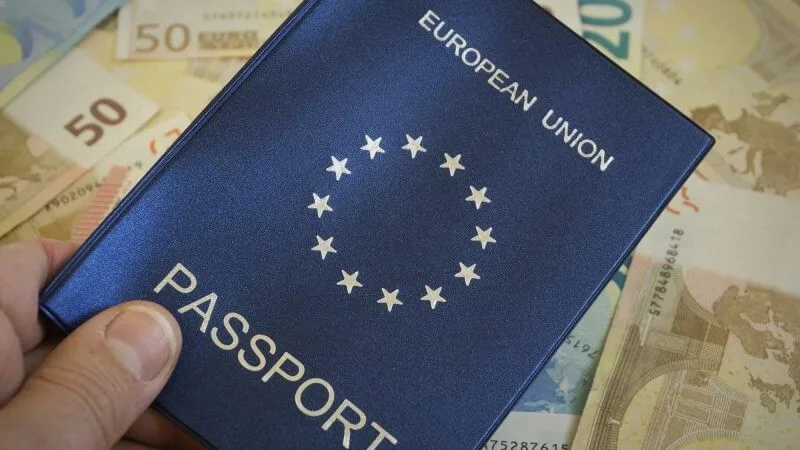Rabat – new statistics of Eurostat identified Moroccans as the second largest group that received the citizenship of EU member states in 2023.
The official website of European statistics said Last week, the Moroccans took second place with 106,500 citizenship.
This year Morocco lost his top position against Syria to preserve most EU citizens.
The Syrian beneficiaries exceeded the list with a total of 107,5,000 citizens, followed by Albanians (44,400).
The total number of EU citizenships granted to humans reached 1.1 million, which corresponds to an increase of 6.1% out of 60,200 people compared to 2022.
Spain granted most of the citizens with 240,200 beneficiaries. This number is 22.9% of the total EU citizenship, which was granted in 2023.
Italy becomes the second, 213,600 citizens granted, and Germany becomes third with 199,800 grants granted.
“The majority (87.6%) of the population granted the EU citizenship were citizens of a non-EU country. Citizens of a other EU country than the country of residence made 10.7%, ”said Eurostat.
According to the statistics, Sweden recorded the highest naturalization rate in the EU countries, with 70 citizens being granted national residents per 100.
Romania is second and Italy goes back in third place.
Previous numbers
By 2021 and 2022, Moroccan well -groomed Your leadership as the largest group of EU citizenship recipients with a total of 86,200 and 112,700 citizens.
Syrian took second place, followed by Albanians.
Instead of Sweden, Romania was the highest naturalization rate in the EU countries in 2022.
Despite data that show a positive trend for Moroccans in relation to the EU citizenship grants, a recently published report is Show The fact that they are also classified as one of the top nationalities is subject to exclusion commands from European countries in the first quarter of 2024.
Statistics of Eurostat and Schengen News said that Moroccans and Algerier made a significant number of those who properly remembered 7% of the total shifts to the abandoned of the EU countries.
France and Germany give the list of countries that issue exclusion orders. France’s orders make up 34,190 guidelines, while Germany granted 15,400 orders.





